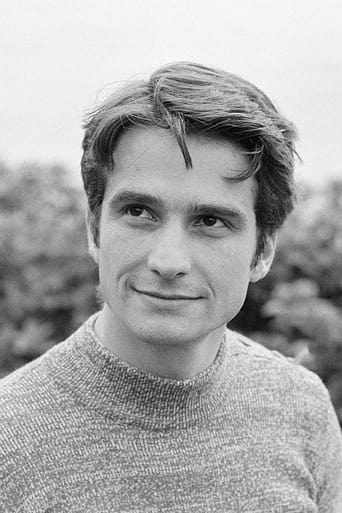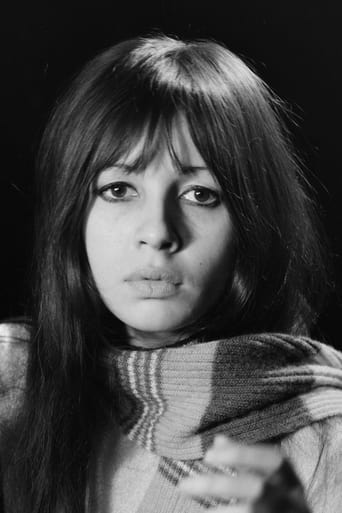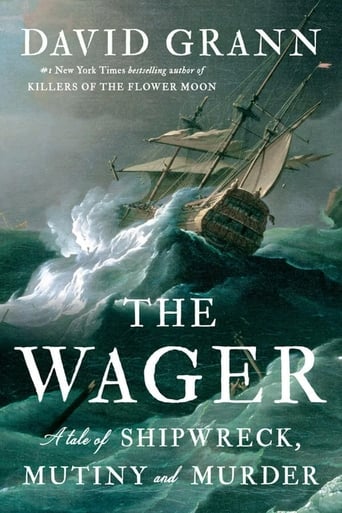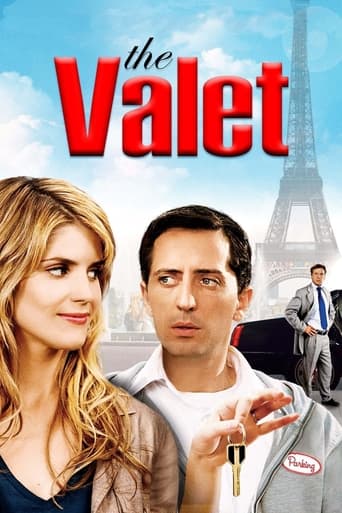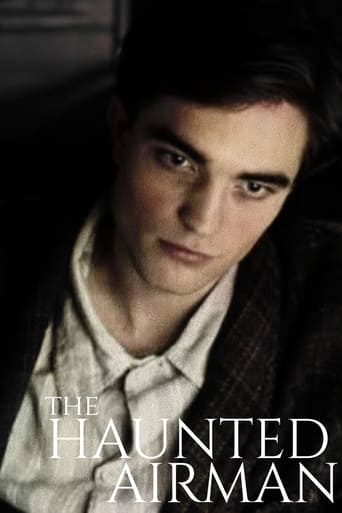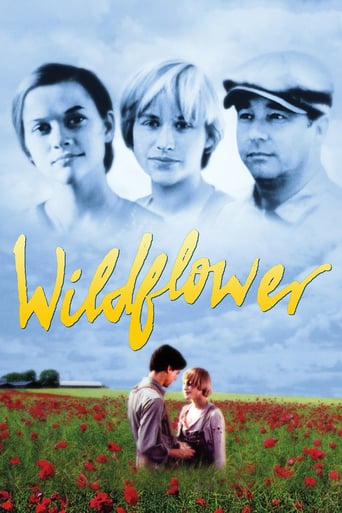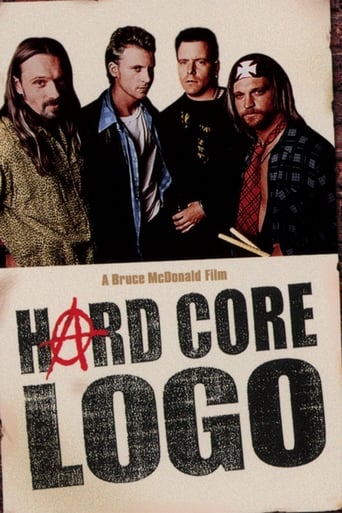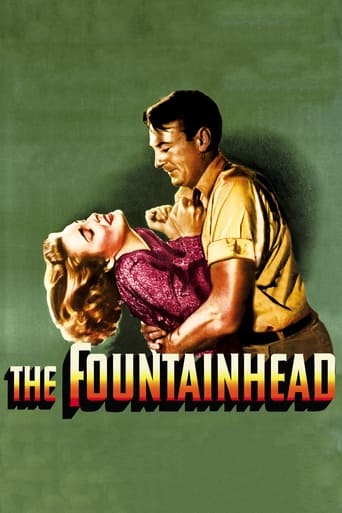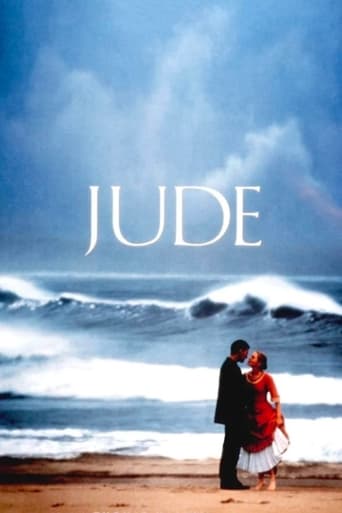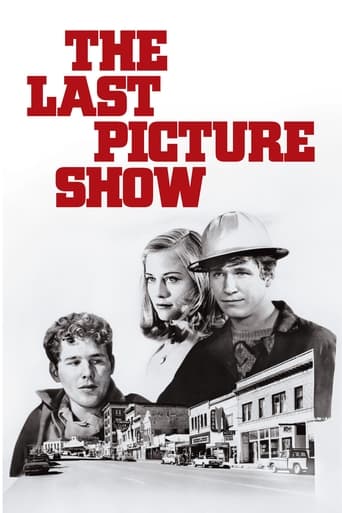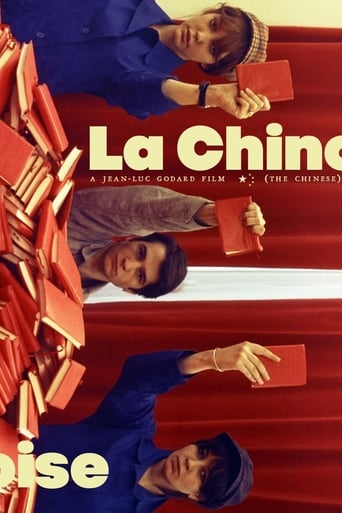
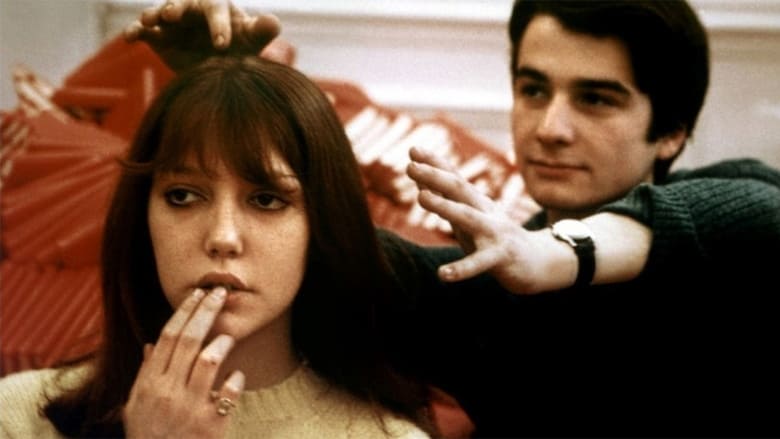
La Chinoise (1968)
A small group of French students are studying Mao, trying to find out their position in the world and how to change the world to a Maoistic community using terrorism.
Watch Trailer
Cast
Similar titles
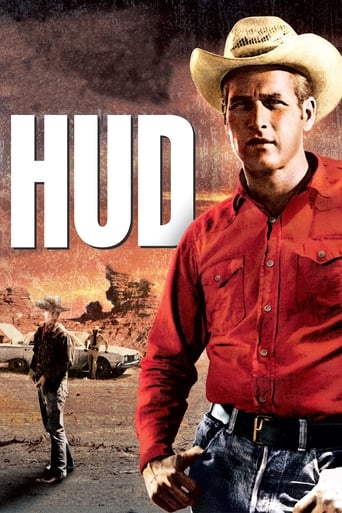
Reviews
I like the storyline of this show,it attract me so much
All of these films share one commonality, that being a kind of emotional center that humanizes a cast of monsters.
Like the great film, it's made with a great deal of visible affection both in front of and behind the camera.
The acting in this movie is really good.
Godard's protagonists carry cigarettes in their hand or mouths and are careless roamers, La chinoise is not an exception.Small red books are everywhere. the book shelves are full of it, and the revolutionary students are reading passages out of it. Godard, throughout the film bores audience by reading the passages from these books to convince people that these proverbial sentences are nothing but boresome youth time killer political clichés. Since no one expect Godard to lecture us through a film, the important thing is the overall story. Students are romantising the revolution and politics. The movie contains many references to the then political and ideological events in the world. Godard very frankly and childishly narrate the revolutionary students movements. They are at the end students, living in student quartiers and eating bread and tartiner. This is a film about childish aspect of revolutionary student movements. In the movie there are a lot of scenes that need to be connected..
I will give Godard due credit for his filmmaking skill and innovation. This movie, like most of his, is marked by a playful sense of humor, unusual editing technique, and a bold palette of primary colors. But good lord, the rhetoric. Perhaps more than in any other of his films, he has people doing that thing which drives up the goddamn wall: reading straight from a book. In this case, mostly Mao's little red book. If you like people constantly spewing didactic slogans at you in a monotone voice, this is the movie for you. The best part is that Godard appears to be poking fun at these young, bourgeois Marxists. It seems like Anne Wiazemsky's character wants to become a revolutionary terrorist just to get out of going to class. But this is also the worst part, because I view Godard as on par with them. He's a wealthy, privileged white guy playing Commie, sneering at everyone else. "Look at how clueless THESE little hypocrites are, but I'M the real deal." Phooey.
I've heard some claim this as Godard's seminal work. I wouldn't say quite that, but its a great, and I think misunderstood, piece of work. Everyone discusses this film as if it were a critique of the May '68 Movement, forgetting that it was released the year before, and probably filmed two years before. Everyone thus views it as a satire of the past, when it fact it is a frightened critique of the contemporary. Godard does indeed think the "Maoists" the film follows are dilettantes, as the May '68 Movement proved to be, primarily, composed of. But he also wants desperately for a more militant presence to assert itself, and lead the contemporary situation into a more legitimately revolutionary direction. The seminal scene of the film is in the last act, when the student radical meets with her professor "radical" on a train. Both sides issue futile maxims. Godard overlays the words "this situation must change!" over their conversation. The pseudo-revolution of the 1960s, Godard prays, can become a real one. In retrospect, this is somber
In 1967, Jean-Luc Godard was sort of on a precipice of his career- right from the genre-bending experimental films that put him as a bizarre art-house hallmark, right before stepping off into going even further, and becoming a full-blown Maoist. How much of what he felt or thought influenced La Chinoise I can't say (never read a biography), but what I can sense from this film is the sense of an inner-contradiction working itself out in the form of a film that is playful and harsh, visually vibrant and emotionally subtle, if not present at all, and a documentary at the same time as a piece of deranged pop theater. In fact, it's a pseudo-documentary, and it's one of the most lucid films that Godard ever conceived, but more than anything La Chinoise acts as a counterpoint to hardcore, fundamental terrorist ideology. I can't be sure what side Godard would take, the young girl played by Wiazemsky who thinks the only way she can go past the reading and the discussion is to go to and start something as a working-class bomb chucker, or the young chemist who decides to drop out of the 'game' of sorts when he keeps seeing that she (Wiazemsky's Veronique, the same placid features which made her tragic in Au hasard Balthazard here make her almost psychotic) doesn't have a real grasp on what she or the other radicals are talking about.Godard's film is packed with attitude though, so one can't see this as being something of a communist cautionary tale- you can tell that he does find a good deal in the little red book of Mao captivating. We hear a hard-pounding Mao rock song that dances between new anthem and parody. We see Jean-Pierre Leaud going on and on about this or that as the "actor" of the group and aiming arrows at liberal figureheads. When he first says it there's a brilliant sense of momentary self-consciousness as we see the cameraman and the sound-guy shooting, and this later reverts back into what is like a documentary on the fiction of the documentary of the movie if that makes sense. Then classical music rises up, and then cuts off in a flash. Like the characters, there is a sensibility of hope in some change, at least in this case with cinema, in approaching image and montage, composition, primary colors popping out at times like seas of red.But at the same time he's almost going back and doing his own self-criticism. If one's seen at least one or two or more Godard films, primarily from the 60s, one often sees a character reading from a book on camera, sometimes for a long time. This time we see the characters stripped-down: they have nothing from experience, only from a kind of drunk-the-kool-aid reverence to the red book, with the kids or "guest" lecturers in the classroom scenes going on about it. I liked that, Godard fessing up to the futility of fervent worship, or rather stalwart dedication, to using up all ideas from a text. Aside from Anne Wiazemsky's character- and even she, by the end, just goes back to the way things were- the characters aren't really into practicing what they preach, despite the preaching 'heavy' and the discussion as highly charged as one would expect for 67-going-on-68 (if perhaps, like Easy Rider, anticipating the demise of the power behind a specific counter-cultural group). Political nerve and rebellion gets criss-crossed with what is and what isn't the truth with these kids; they love Lenin and Marx as much as they love theater and movies acting. It's this loop of goofing around (I love the bit when two of the girls are playing with some contraption as if it were bull's horns, and one guy comes into the apartment and says 'ah, steering wheel'), and pontification that becomes fascinating. The scene on the train, with one shot where suddenly the color goes murky and the tone of the conversation between Veronique and the older man turns towards the realities of violence as a means of political ends, is extraordinary. If it's at all a great film it's not simply because of Godard's experimentation, which is of course at its peak (he also made Week End the year this came out, his most ambitious and f****d-up film, maybe the craziest mix of statements in one movie ever). On the surface, at least at the start, it looks like another Godard Maoist mumble. Yet like in his earlier work, he puts the ideas back onto the characters, and doesn't make a muck of narration points or too many tangents. Like a documentary, we see the inner-workings and bias of a particular viewpoint. Like theater, it's colorful, hyper-active, entertaining to a weird fault. And like political science it dissects its subjects with some degree of respect for what is being talked about- communism- while never forgetting the damages it causes.

